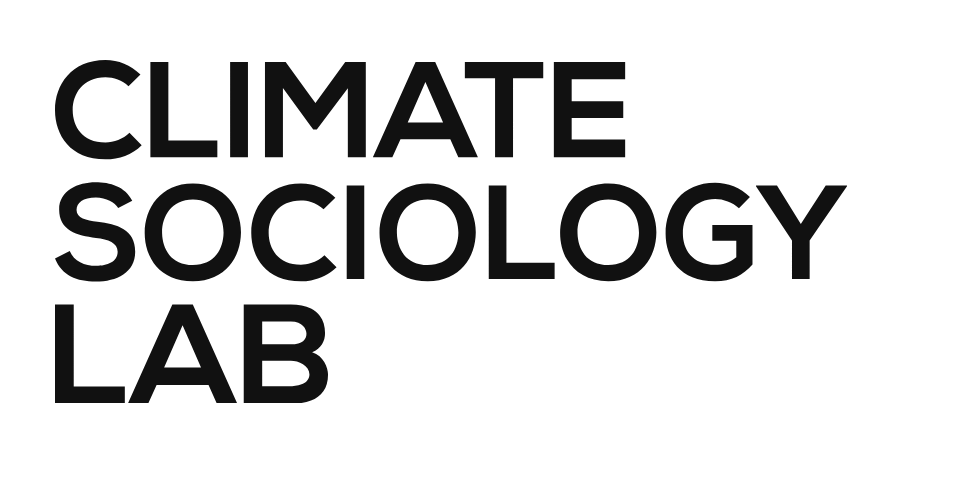The Lowlander Center
Based in the bayous of Louisiana, the Lowlander Center is a 501-c-3 non-profit organization supporting lowland people and places through education, research and advocacy. Through collaboration with the Climate Sociology Lab, led by Beckfield, the Lowlander Center has continued research on participatory action research on indigenous energy transitions, supported by the Salata Institute, the Johnson Climate Fund, and a US Department of Energy SOLVE-IT prize
Lowlander Center and Harvard University Solar Micro-Grid Project.
This research project is a summer program where students, scholars, practitioners, and activists work together on some of the most pressing issues of our time. Five Research Assistants, all undergraduate students at Harvard University, work with Prof. Jason Beckfield on a faculty-led research project, along with Research Coordinator D.A. Evrard, and collaborators at the Lowlander Center. The approach we take is that of Participatory Action Research, as practiced by the Lowlander Center. The Lowlander Center works for and supports communities living close to the Gulf Coast in Louisiana and Texas, and as part of that work, are engaged in research on how enabling low-lying communities can maintain energy independence and renewable energy entrepreneurial opportunities.
This summer, we focused on local solar-powered microgrids in the Gulf Coast region of the United States. Fellows’ responsibilities include writing brief reports on research on the social processes of community engagement, writing brief reports on the history of Indigenous communities’ relationships to energy producers in the region, interviewing people currently living on the US Gulf Coast about how they relate to traditional energy and renewable energy, learning about the regulatory environment for “on-grid” and “off-grid” energy transition, gathering demographic data on the region’s communities, and synthesizing information in support of the Lowlander Center’s work to support resilient recovery for low-lying communities. The goals of the research project are set collaboratively and include the development of information necessary to apply to US federal agencies for financial support of micro-grid development.

